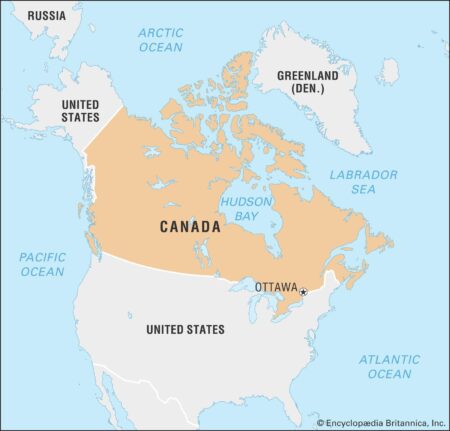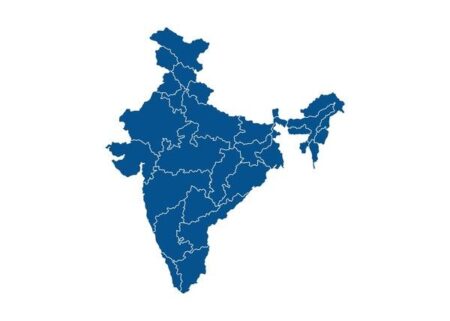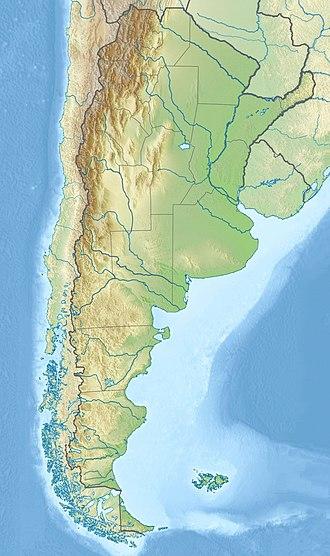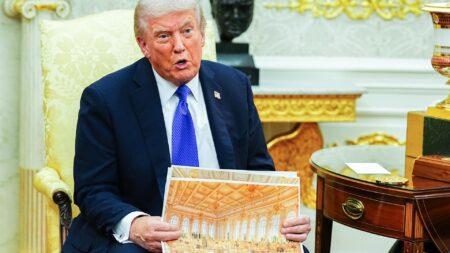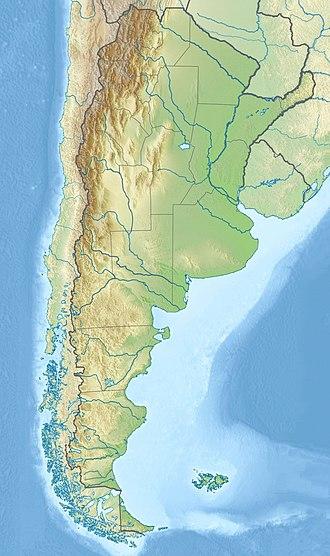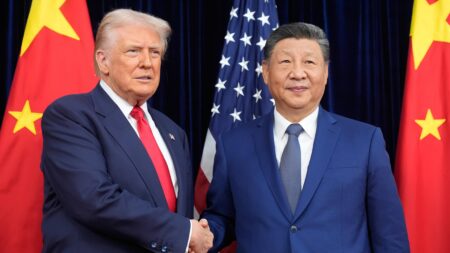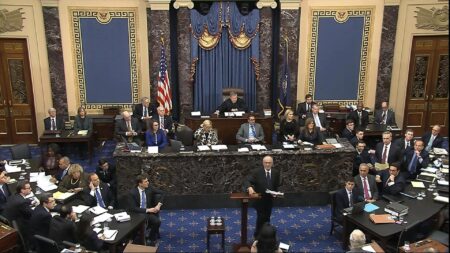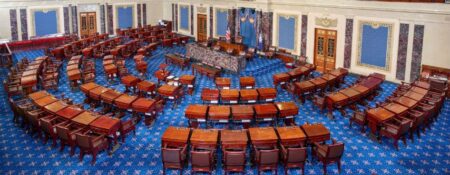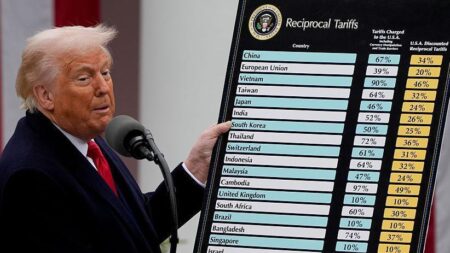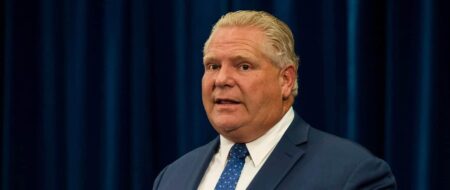Japan’s Ministry of Finance remains confident in steady growth across all regions, standing firm on its economic outlook despite ongoing global uncertainties, according to the latest report on nippon.com
Browsing: economic policy
Canada is gearing up to boost budget deficits in a bold strategy designed to ignite economic growth amid global uncertainties. The government is set to turbocharge investments in infrastructure and social programs, fueling a dynamic and resilient post-pandemic recovery
India now confronts higher U.S. tariffs than China, highlighting the surprising turns in Trump’s trade policies. This development opens a new chapter of challenges in U.S. relations with emerging markets and exposes the complex forces driving global trade today
Argentina’s slum communities, once loyal pillars of Peronism, have made a stunning turn toward Javier Milei in a historic political upheaval. This dramatic shift reveals deep economic frustrations and ignites a bold demand for change, reshaping the nation’s political future like never before
The Peterson Institute highlights Argentina’s credibility trap, where persistent economic turmoil and constant policy reversals chip away at investor confidence, making it ever harder to achieve stable growth and attract foreign investment
The White House has revealed the exciting details of a groundbreaking trade agreement with China, crafted in the wake of the historic Trump-Xi summit. This landmark deal is set to ease tensions and spark a fresh era of economic partnership between the world’s two largest economies
Javier Milei’s economic policy in Argentina champions bold free-market reforms, sweeping tax cuts, and extensive deregulation designed to tame inflation and spark powerful economic growth. Yet, critics warn that these swift changes might bring serious social challenges
Argentina’s Central Bank has slashed reserve requirements to unleash a wave of liquidity into the financial system, sparking hopes for a much-needed boost in economic activity amid ongoing market hurdles, Bloomberg reports
In a recent meeting, Presidents Trump and Xi revealed a groundbreaking initial agreement aimed at easing the intense U.S.-China trade war. Although this represents significant progress, deep-rooted tensions and major challenges continue to loom between the two nations
The Wall Street Journal stirs the debate on India’s global influence with the bold headline, “Does India Even Have Any Cards?” This compelling article takes a closer look at the nation’s geopolitical position and explores its strategic moves amid rising international tensions
The US’s major financial backing for Argentina’s bailout marks a bold step toward stabilizing the nation’s struggling economy. Although early signs show a mixed outcome, with inflation stubbornly high, many remain uncertain if this intervention will achieve lasting success
Australia’s unexpected surge in inflation has ignited fresh concerns, as markets now brace for a possible interest rate hike looming ahead. Economists and consumers alike are preparing for the hurdles that tighter monetary policy could introduce
Despite recent policy improvements, Argentina’s economic challenges remain deeply entrenched. Persistent structural issues and relentless external pressures continue to stifle growth, proving that better policies alone aren’t enough to fully restore stability
US and China have declared a truce in their ongoing tariff battle, with President Trump describing his meeting with Xi Jinping as “amazing.” This breakthrough signals a potential easing of trade tensions, igniting cautious optimism across global markets
The Senate has come together once again, standing strong to block former President Trump’s tariffs on Canadian goods. This powerful bipartisan move highlights a shared commitment to protecting U.S.-Canada ties and safeguarding crucial industries from harmful trade barriers
The US Senate has made a bold move by passing a resolution that halts former President Trump’s proposal to impose a 50% tariff on Brazilian goods, protecting crucial trade relationships and avoiding potential economic chaos
Live updates: In a groundbreaking decision to ease trade tensions, the Senate has voted to lift the tariffs imposed by the Trump administration on Canadian goods. Stay tuned for more updates!
President Trump is driving hard to lock in a “great deal” with China, proposing tariff cuts to fast-track the crucial trade talks. At the center of this high-stakes negotiation is Nvidia, highlighting just how pivotal the tech industry has become in these discussions
Ontario Premier Doug Ford is standing strong behind a bold Reagan-themed ad, even as tensions rise in U.S. trade talks. This daring move has sparked a fiery debate over its possible impact on cross-border negotiations, POLITICO Pro reports
The Senate has enthusiastically approved a bipartisan resolution to eliminate tariffs on Brazilian goods, paving the way for stronger U.S.-Brazil trade ties and enhanced economic collaboration. This landmark decision represents a major leap forward in reducing trade barriers


